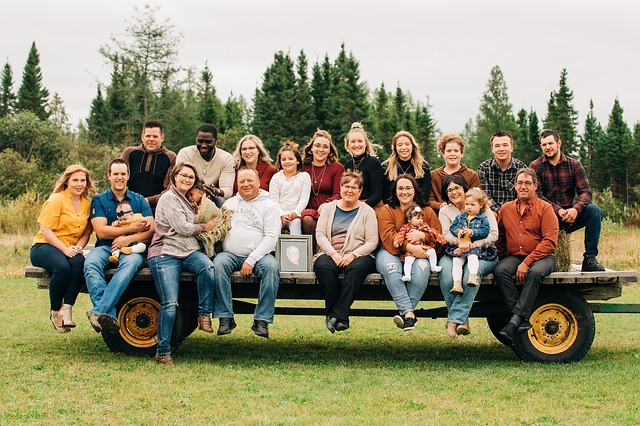In Oregon, legal custody grandparents have rights and options to maintain bonds with grandchildren. The process involves court proceedings, focusing on the child's best interests and substantial relationships, offering temporary or permanent custody arrangements while respecting primary guardians' roles. Grandparents must establish legal standing, file a petition, and meet specific criteria to gain legal custody based on strong grandparent-grandchild connections.
In Oregon, grandparent custody laws provide a framework for involved family members to seek legal custody of their grandchildren. Understanding these rights and the associated thresholds is crucial for grandparents aiming to play an active role in their grandchild’s life. This article explores Oregon’s grandparent custody arrangements, outlining legal requirements, various types of custody options, and the steps necessary for successful involvement. By delving into these aspects, we aim to empower legal custody grandparents with knowledge.
- Understanding Grandparent Custody Rights in Oregon
- Legal Thresholds for Grandparent Involvement
- Types of Custody Arrangements Grandparents Can Seek
- The Process and Necessary Legal Steps for Grandparents
Understanding Grandparent Custody Rights in Oregon

In Oregon, grandparent custody rights are recognized and protected under state law, offering a pathway for grandchildren’s well-being and family connections. The Legal Custody Grandparents laws ensure that grandparents can seek legal custody or visitation rights if they wish to play an active role in their grandchild’s life. These laws provide a framework for families to navigate complex situations, allowing grandparents to establish a meaningful bond with their grandchildren while respecting the primary guardians’ roles.
Grandparent custody cases in Oregon are governed by specific statutes, focusing on the child’s best interests and the strength of the grandparent-grandchild relationship. Grandparents seeking legal custody or visitation must demonstrate their ability to provide a stable and loving environment, as well as their commitment to maintaining a significant presence in the grandchild’s life. This process involves court proceedings where evidence is presented, and decisions are made based on what is deemed in the child’s best interest.
Legal Thresholds for Grandparent Involvement

In Oregon, legal thresholds determine when grandparents can get involved in custody matters regarding their grandchildren. To pursue legal custody or visitation rights, grandparents must establish a significant relationship with the child and prove that it’s in the child’s best interest to have them involved. The court will consider several factors, including the quality of the grandparent-child relationship, the current living situation of the child, and any history of abuse or neglect.
Grandparents can petition for visitation or custody if they can demonstrate that they have a “substantial and positive relationship” with the grandchild and that their involvement would be beneficial for the child’s well-being. The law aims to balance the rights of parents and grandparents while prioritizing the best interests of the child, ensuring a safe and nurturing environment.
Types of Custody Arrangements Grandparents Can Seek

In Oregon, grandparent custody laws provide a framework for legal custody arrangements when parents are unable or unwilling to care for their children. Grandparents can seek various types of custody, including temporary and permanent options. Temporary custody allows grandparents to gain temporary care of the child while the parent(s) address underlying issues, such as substance abuse or mental health concerns. This arrangement enables grandparents to provide a stable and supportive environment during challenging times.
Permanent custody, on the other hand, grants grandparental rights for an extended period or indefinitely. This can include joint legal custody, where grandparents share decision-making powers with the child’s parents, or primary physical custody, allowing grandparent to have the child live with them for the majority of the time. Oregon courts consider the best interests of the child when determining custody arrangements, focusing on factors like the stability and relationship between the grandchild and grandparent, as well as the parent’s ability to care for the child.
The Process and Necessary Legal Steps for Grandparents

Grandparent custody in Oregon involves a specific process and legal steps that must be followed. The first step is to determine if the grandparent has legal standing, which means they need to establish a significant relationship with the child. This can often be proven through documentation of regular visitation, shared caregiving responsibilities, and meaningful interactions. Once standing is established, the grandparent must file a petition in court seeking legal custody or visitation rights.
The court will then assess the case using the best interest of the child standard. They consider factors such as the child’s relationship with the grandparent, the stability and fit of the grandparent’s household, and any history of abuse or neglect. If the court rules in favor of the grandparents, a custody order will be issued, outlining the terms and conditions for visitation or permanent custody. It’s crucial to consult with an experienced family law attorney throughout this process to ensure all legal requirements are met effectively.














